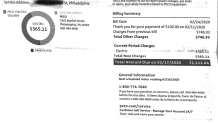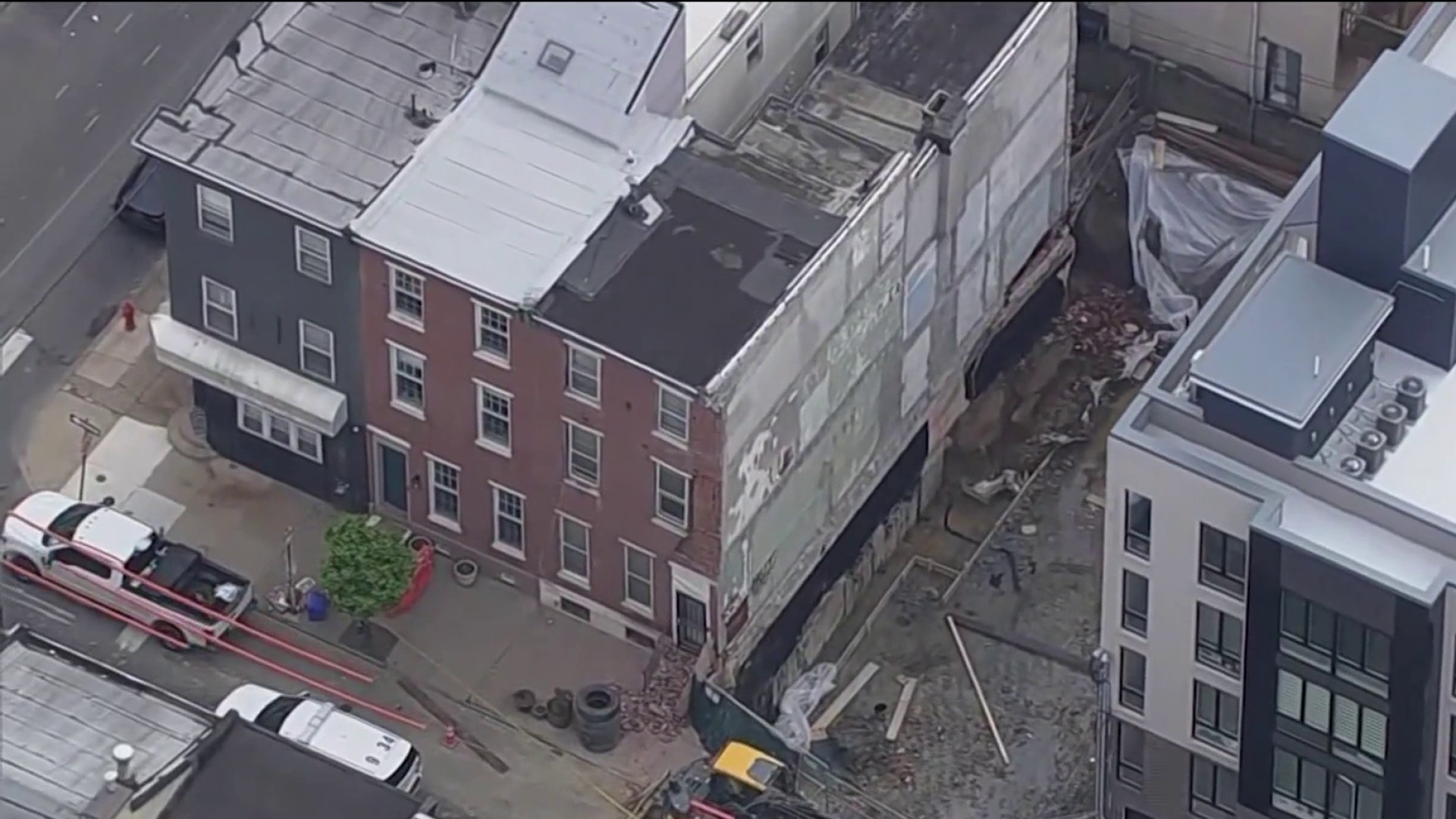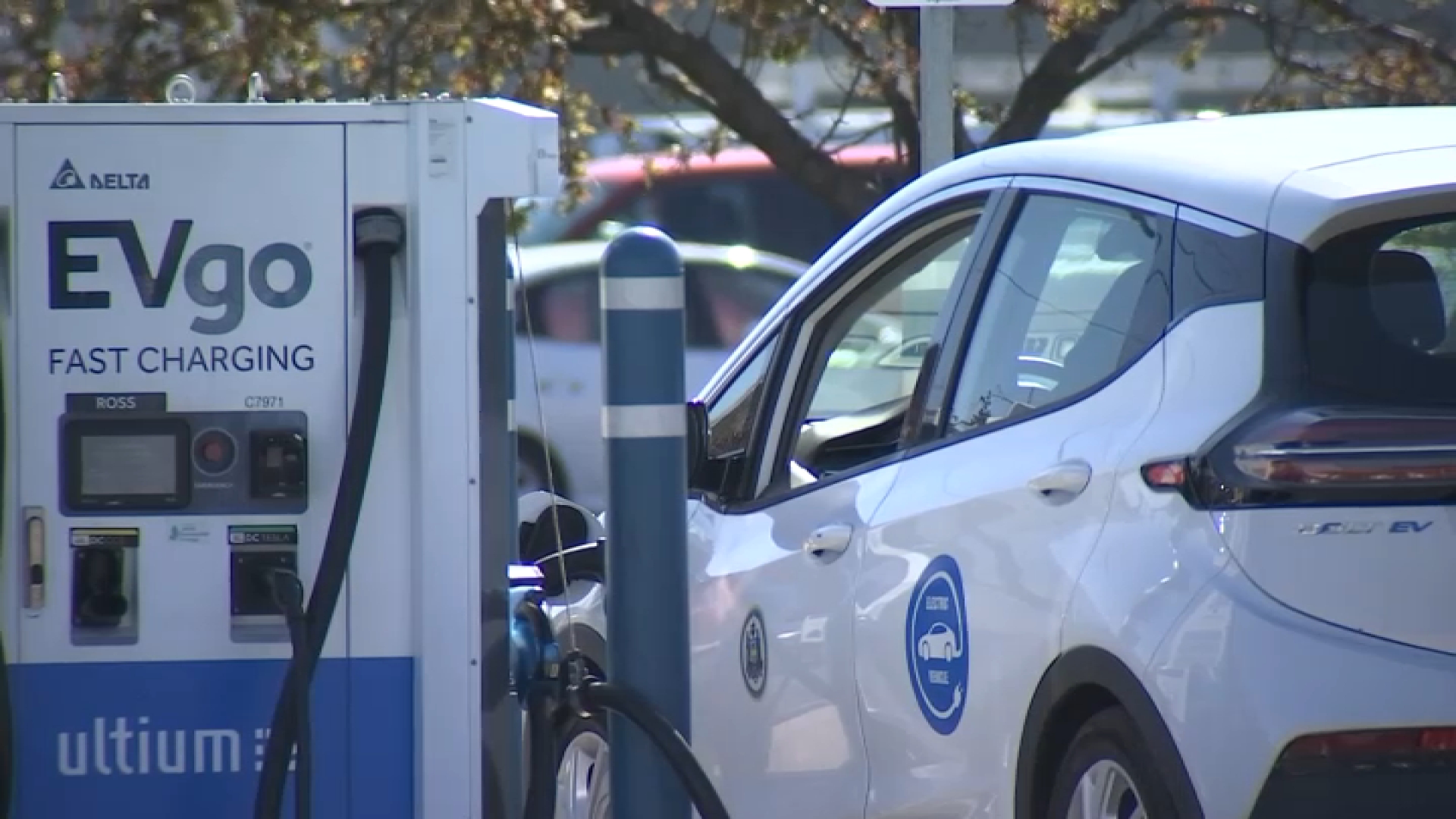As soon as it got cold last year, Denise Eubanks started using the electric heaters in her one-bedroom apartment.
She was shocked when she received her October PECO bill for electric and heat: $377.
The bill was nearly half her monthly income. She said she sent them $100, which was the most she could pay. Then the November and December bills were higher -- eventually reaching $1,100.

“I wasn’t paying all my credit cards and I was juggling, selling off stuff to balance out everything,” she said.
Because Eubanks’ annual income is just under $10,000, she qualifies for and is enrolled in PECO’s Customer Assistance Program (CAP). The program gives a discount credit to low-income customers bills each month based on income and usage. It’s supposed to make electric and heating affordable to all 140,000 participants.
But the Tenants Union Representative Network (TURN), a housing advocacy organization, is alleging that PECO is stiffing thousands of low-income residents by not providing them with the proper energy discounts.
Investigators
Digging deeper into stories that affect the Philadelphia region
Community Legal Services of Philadelphia filed a formal complaint against PECO in August with the Pennsylvania Public Utilities Commission on behalf of TURN. The group claims that PECO should have used a new formula that the Pennsylvania Public Utilities Commission rolled out last year for the various CAP programs throughout the state.
The new formula lowers the energy burden rate -- the percentage of income that should go toward electric and heat -- to a maximum of 10% for any household just below or just above the federal poverty line. The federal poverty threshold for one person is $12,760 annual income; for a family of four it’s $26,200.
The state utility commission set a deadline of Jan. 1, 2021 for utility companies to implement the new energy burden standards. But Joline Price, a lawyer with Community Legal Services, said a 2015 settlement agreement between PECO and TURN stipulates that any changes to the energy burden must be immediately applied.
“It’s a failure of leadership for PECO to ignore that directive from the PUC,” Price said.
The 2015 agreement has a footnote that reads: “If the Commission changes the energy burden ranges set forth in its Policy Statement, PECO will utilize the new maximum allowable energy burden for each poverty level.”
PECO declined a request for an interview. The company said, in part, in a statement:
“We respectfully disagree with Community Legal Services and believe we are in full compliance with the 2015 settlement on low income Customer Assistance Program, which is one of the many programs we currently offer. We look forward to a fair and open hearing as this issue is resolved through the appropriate Pennsylvania Public Utility Commission process.”
Officials at the utilities commission also declined an interview request, saying the complaint filed on behalf of the tenants' union is an active case.
At a hearing last September, state Public Utility Commissioner Andrew Place said that the low-income burdens at the time were too high.
“A customer with an annual income of $10,000 can spend anywhere from $1,200 to $2,000 a year on heat and gas service combined,” Place said.
At that hearing, the commission voted to lower the energy burden rates.
Households like Eubanks’ who are at the cusp of the federal poverty level would have a 10% maximum energy burden for electric and heat. Anyone at or below 50% of the federal poverty level would have a maximum energy burden of 6%.
That means that Eubanks should not be paying more than $939 a year. So far, Price said, Eubanks has paid PECO $1,830-- mostly with the use of government grants. And she still owes more than $500.
Eubanks, who lives by herself in subsidized housing in West Philly, is scared her utilities will be shut off once the moratorium is lifted.
“If the power shuts off, I’ll have no ability to cook. I’ll have no refrigerator, I won’t use my two (breathing) machines, I’ll have no lights,” she said. “Everything literally would be shut off, including heat. Everything is electric.”
NBC10 is one of dozens of news organizations producing BROKE in Philly, a collaborative reporting project on solutions to poverty and the city’s push towards economic justice. Follow us at @BrokeInPhilly.




